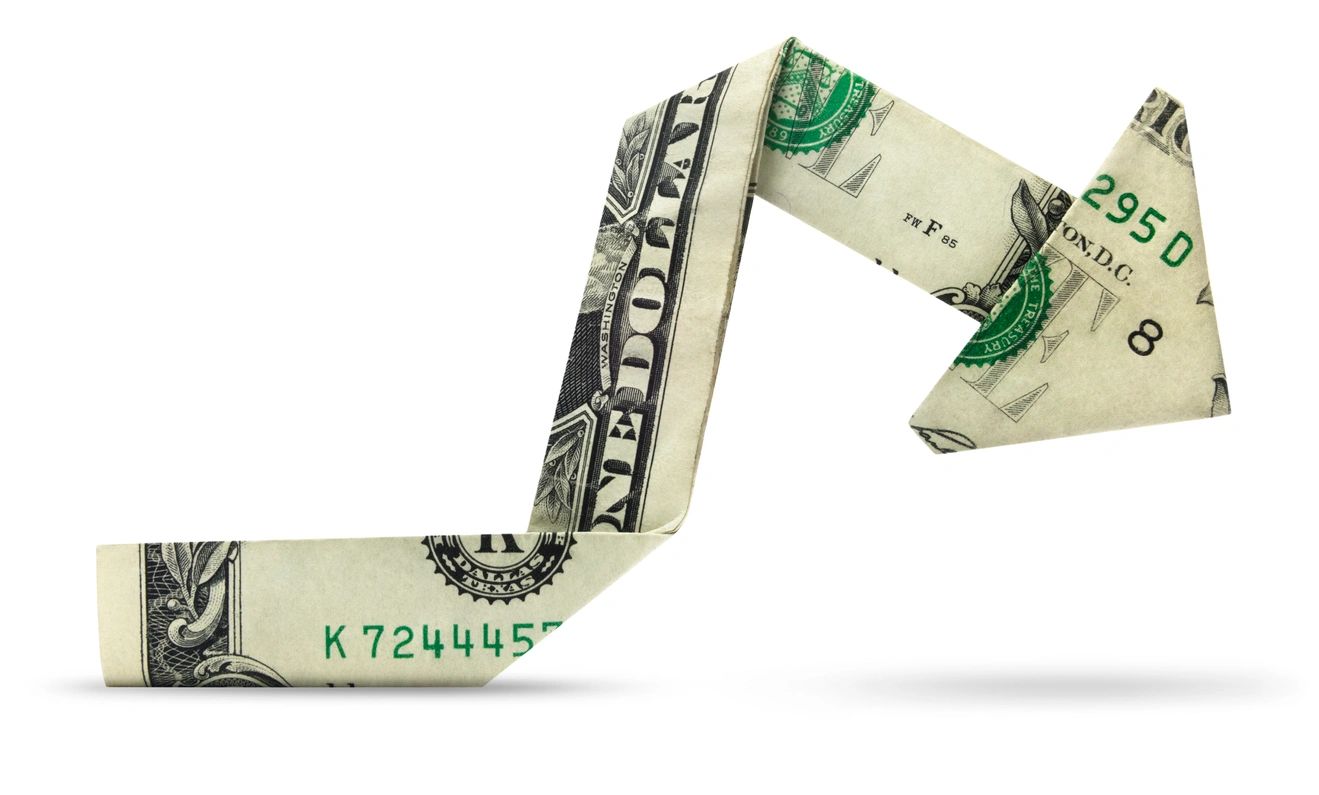
The Decline of Fiat: Why the Euro and Dollar Are Losing While Bitcoin Is Winning
The Weakening Euro and Dollar
In recent years, both the Euro and the U.S. Dollar have faced growing challenges. Inflation, central bank policies, and increasing debt burdens have put these traditional fiat currencies under pressure. Governments continue printing more money to fund deficits, reducing the purchasing power of their respective currencies.
For the Euro, economic stagnation in the Eurozone, coupled with geopolitical tensions, has weakened investor confidence. Meanwhile, the U.S. Dollar, long considered the world’s reserve currency, has seen diminishing dominance due to aggressive monetary policies and increasing debt-to-GDP ratios.
The Impact of Inflation
Inflation has been eroding savings and wages, making it harder for people to maintain their purchasing power. Central banks attempt to control inflation through interest rate hikes, but this often slows economic growth, creating a vicious cycle. Over time, people have started looking for alternatives to store value outside of traditional banking systems.
Bitcoin’s Rise as a Financial Alternative
Unlike fiat currencies, Bitcoin is decentralized, scarce, and free from government manipulation. With only 21 million coins ever to exist, its supply is fixed, making it an attractive hedge against inflation.
Institutional and Retail Adoption
Large corporations and financial institutions have been steadily adopting Bitcoin as a legitimate asset class. Major companies now hold Bitcoin as a treasury reserve, and ETFs (exchange-traded funds) have made Bitcoin more accessible to institutional investors. At the same time, individuals around the world are using Bitcoin as a safe-haven asset, especially in countries suffering from hyperinflation and economic instability.
Bitcoin as a Store of Value
Bitcoin is often referred to as ‘digital gold’ because it shares key characteristics with precious metals: scarcity, durability, and resistance to censorship. Unlike gold, however, Bitcoin is easier to store and transfer, making it a superior option for the digital economy.
Christine Lagarde en Garde: Bitcoin Will Not Enter Central Bank Reserves
European Central Bank (ECB) President Christine Lagarde has dismissed the idea of Bitcoin entering central bank reserves, claiming it lacks the stability and backing needed for such a role. However, history has repeatedly shown that centralized authorities struggle to acknowledge disruptive technologies until they become unavoidable.
Lagarde’s stance ignores Bitcoin’s increasing adoption, resilience, and superiority over inflation-prone fiat currencies. Central banks, known for money printing and mismanaging economies, are resistant to Bitcoin precisely because it removes their control over monetary policy. As trust in traditional financial institutions declines, Bitcoin’s decentralized nature becomes its greatest strength.
The Future: Bitcoin vs. Failing Fiat
As global debt rises and fiat currencies continue losing value, the appeal of Bitcoin is stronger than ever. The shift away from traditional financial systems is happening in real time, with individuals, businesses, and even governments recognizing Bitcoin’s potential.
While the Euro and the Dollar face uncertain futures due to excessive money printing and policy missteps, Bitcoin offers a transparent, decentralized, and borderless financial alternative. As trust in fiat erodes, Bitcoin’s role as a global store of value and financial system will only continue to grow.
Stay ahead of the financial revolution. Join Future Finance Lab for expert insights on Bitcoin, digital assets, and the evolving economy.
